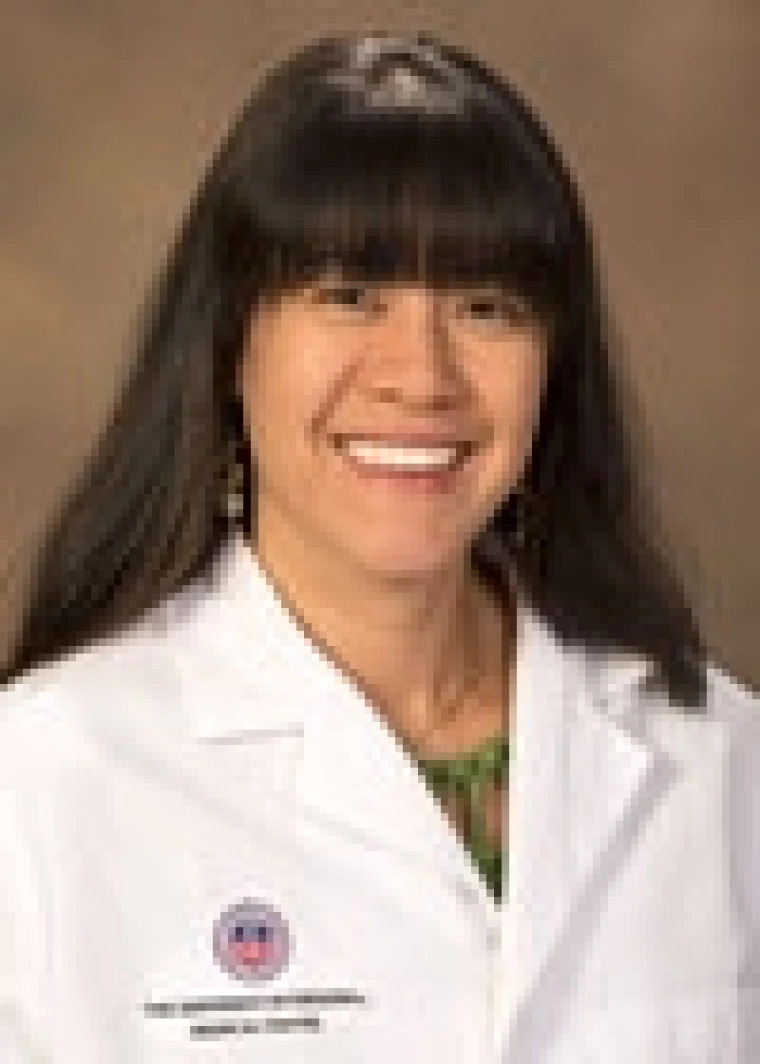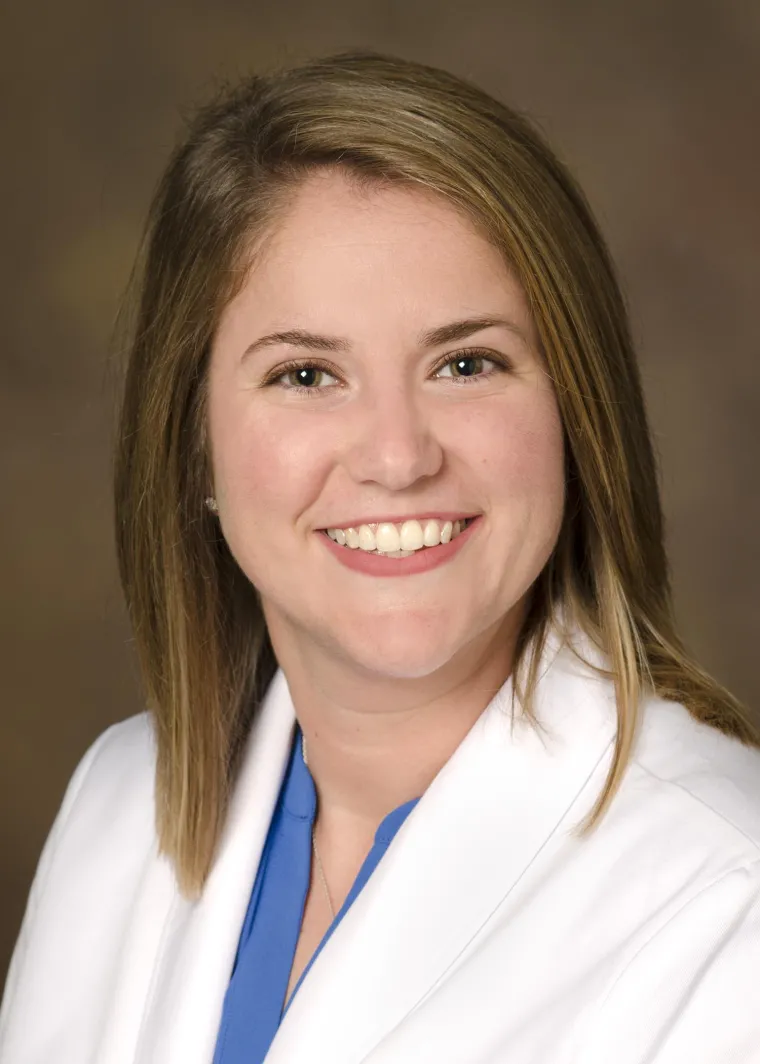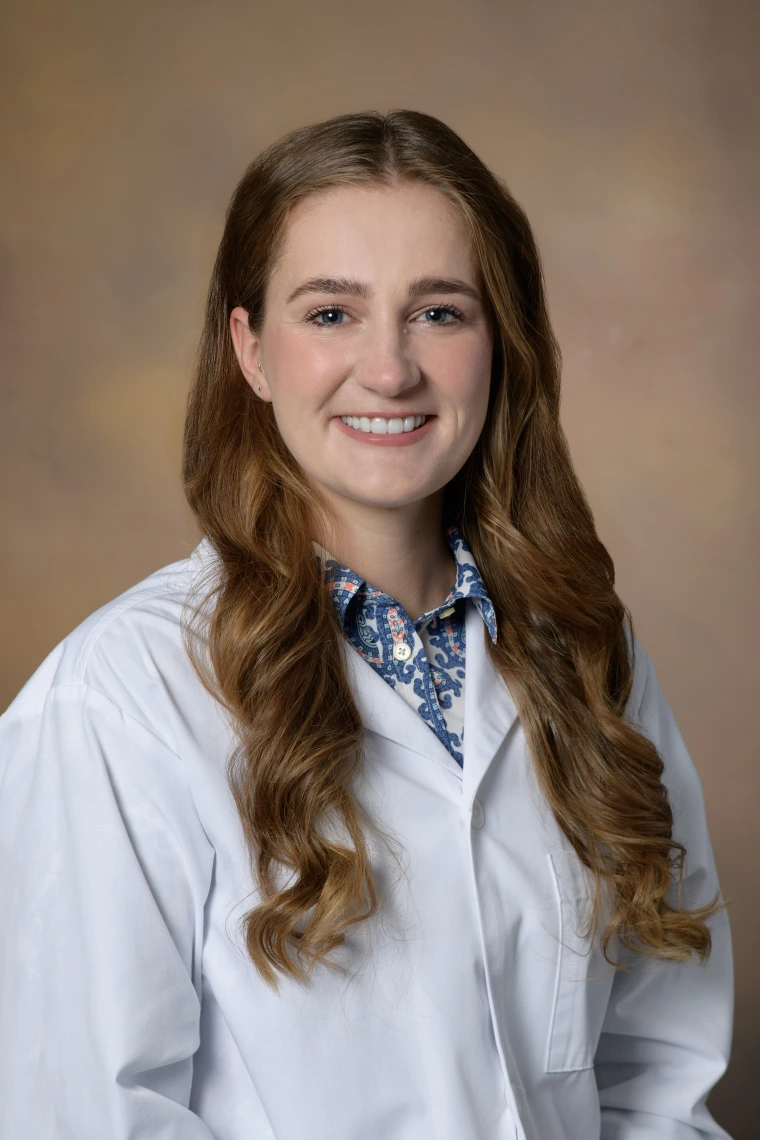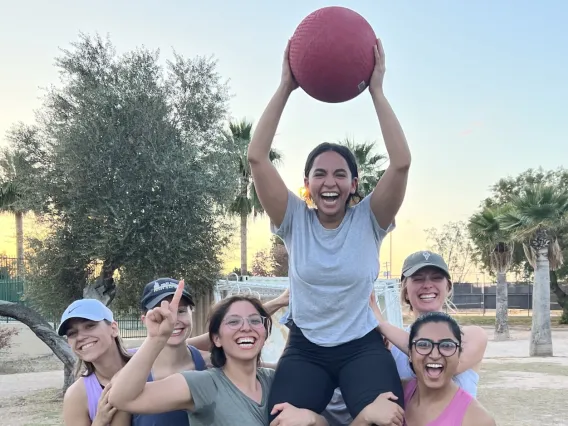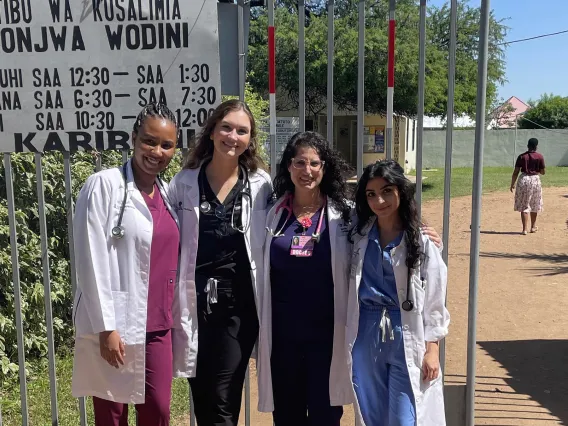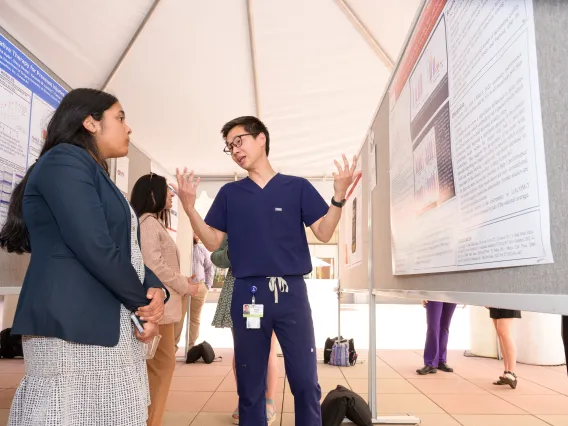Emergency Medicine
Medical Simulation Fellowship
Hands-On Training for Future Leaders in Medical Simulation
Prepare to become a leader in medical simulation through hands-on experience in educational program development, simulation-based teaching and research.
We offer a one-year Medical Simulation Fellowship, accredited by the Society for Simulation in Healthcare, designed for emergency medicine residency graduates seeking advanced training in medical simulation education and research. The non-ACGME accredited program is based at the Arizona Simulation Technology and Education Center (ASTEC).
Fellows receive comprehensive training in simulation-based medical education techniques and the skill set to lead a medical simulation education and research program. They also gain clinical and teaching experience at Banner – University Medical Center’s two emergency departments and contribute to education across the health care learner spectrum. The fellowship includes involvement in scholarly projects, fostering the skills needed to direct simulation programs and fellowships in both academic and community settings.
Each year, our Medical Simulation Fellowship brings in one new fellow who will be trained in all aspects of medical simulation, developing the cognitive and technical skills necessary to employ medical simulation as a part of undergraduate, graduate, continuing and inter-professional medical education.
A prime focus of this fellowship is to develop future leaders in medical simulation though faculty development. As such, the fellow will have teaching responsibilities, as well as participate in learner assessment. Scholarly work includes a fellow-driven project and participation in other simulation-based projects originating in ASTEC. Fellows may consider concurrently participating in outside programs such as a simulation-based instructor training, the ACEP Teaching Fellowship course or a master program should they desire (separate application required). Graduates will gain the knowledge, skill set and administrative experience to build and lead a medical simulation education and research program in both academic and community settings.
Additionally, the fellow works clinically as an attending physician in Banner – University Medical Center’s two emergency departments to maintain and develop their clinical skills and to bring simulation in-situ to the clinical environment. This includes a Level 1 trauma center and a community hospital, with a combined patient volume of 120,000 annually.
Duration
- 48 weeks medical simulation fellowship core content
- 4 weeks vacation
Domains and Content
- Curriculum development
- Technical operations and techniques
- Simulation directorship/administration
- Simulation research
- Simulation theory
- Other common topics
- Assessment of the fellow
- Evaluation of the fellowship program by the fellow
Upon completion of training, the fellow will have the fundamental knowledge and skills necessary to augment a clinical and training environment with experiential learning through medical simulation. Fellows will receive a certificate of fellowship training from the University of Arizona.
- Attending shifts at Banner – University Medical Center Tucson and South Campus emergency departments
- Bedside teaching of residents and medical students
- Simulation conferences and education for residents
- Simulation education for student rotation
- Additional learner groups/activities available, including prehospital/military affiliations, wilderness medicine, SIMWars
- In-situ simulation sessions
- Fellow office hours
- Organize journal club
- Conceive, design, develop, implement and assess one educational program
- Complete one original scholarly project
- Attend the International Meeting on Simulation in Healthcare
How to Apply
All applicants must be graduates of an ACGME-accredited emergency medicine residency and be board-certified or board-eligible with the American Board of Emergency Medicine prior to fellowship start. In addition, the applicant must qualify for Arizona medical licensure.
Candidates should submit the following information for application:
- Current curriculum vitae
- Letter of interest
- Minimum two letters of recommendation, including one from program director if currently in residency training
- Educational portfolio, if applicable, outlining efforts to date in the areas of teaching, simulation and scholarly activity
- Completion of prior scholarly activity, curriculum development or other targeted learning in medical simulation is favored, but not required
Applications will be accepted after July 1 of the year preceding fellowship training. An interview is required prior to selection for training. Applicants should submit the required materials to Dr. Vivienne Ng, fellowship program director.
Training in Tucson
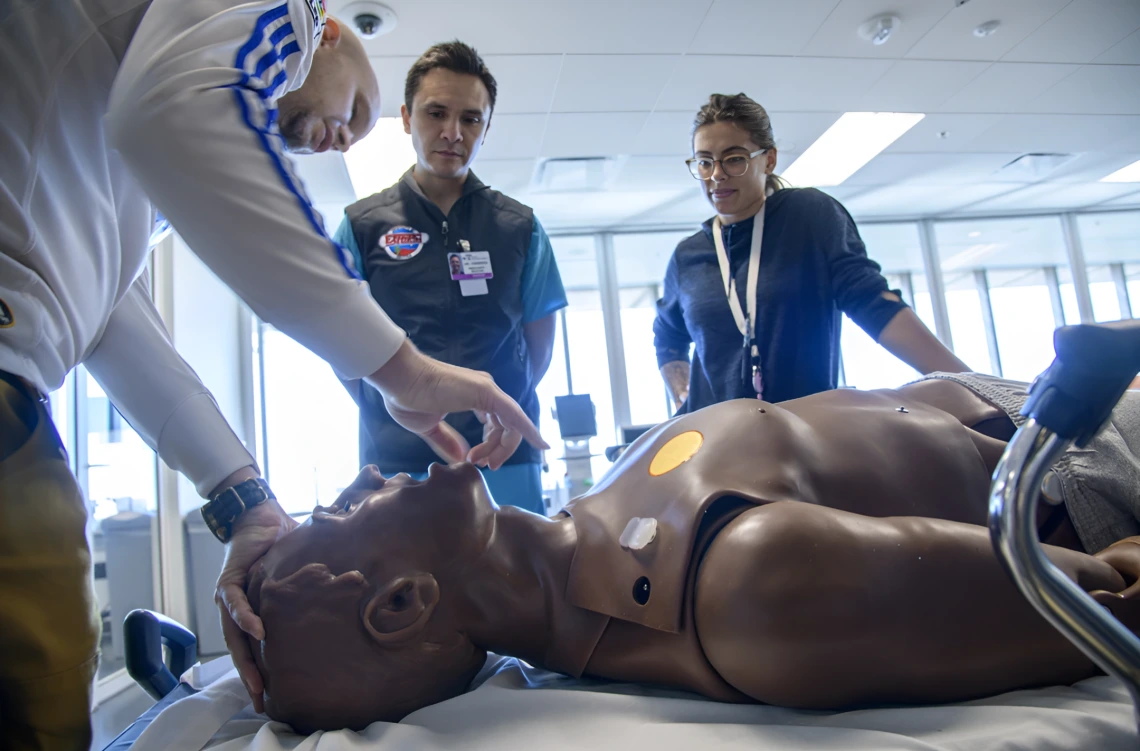
Learn more about the Arizona Simulation Technology & Education Center.
Contact


